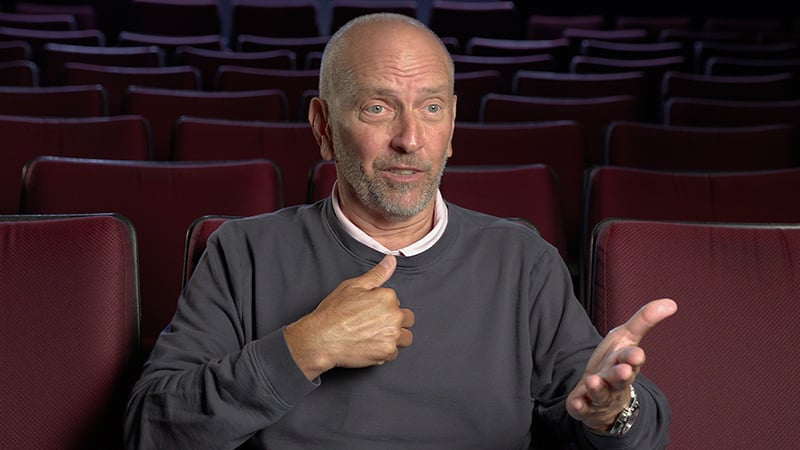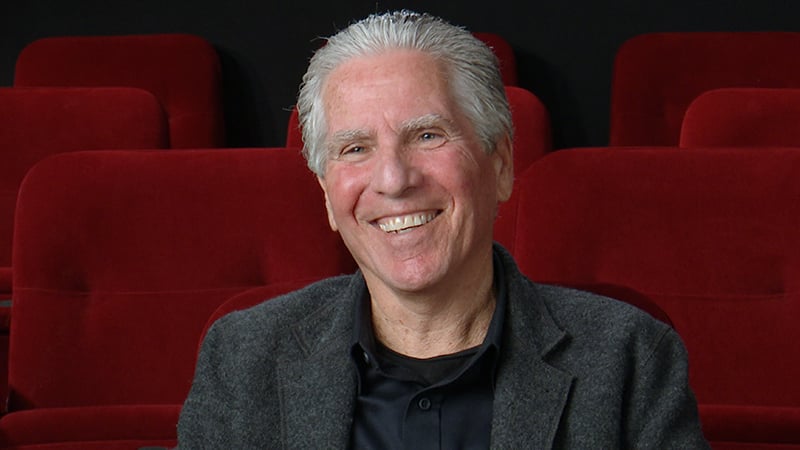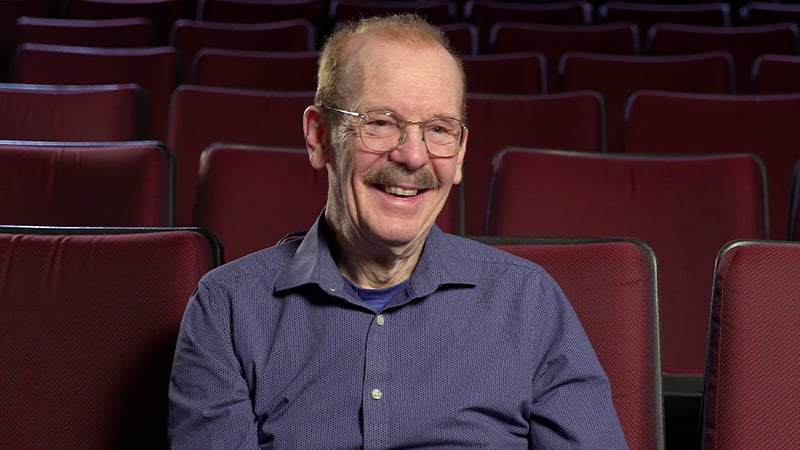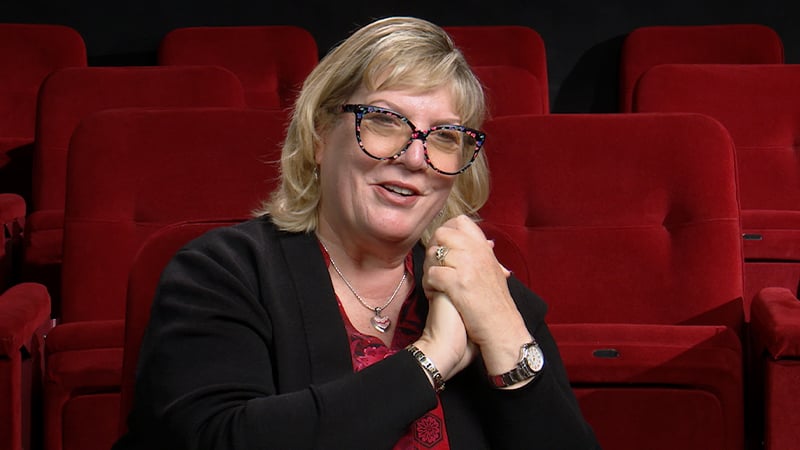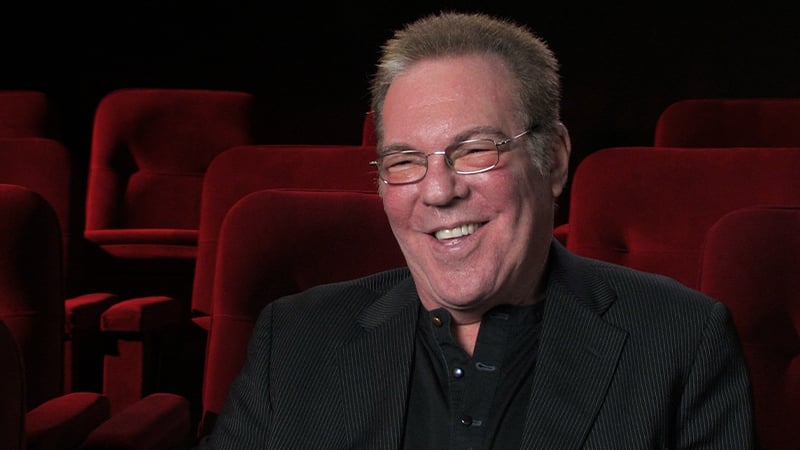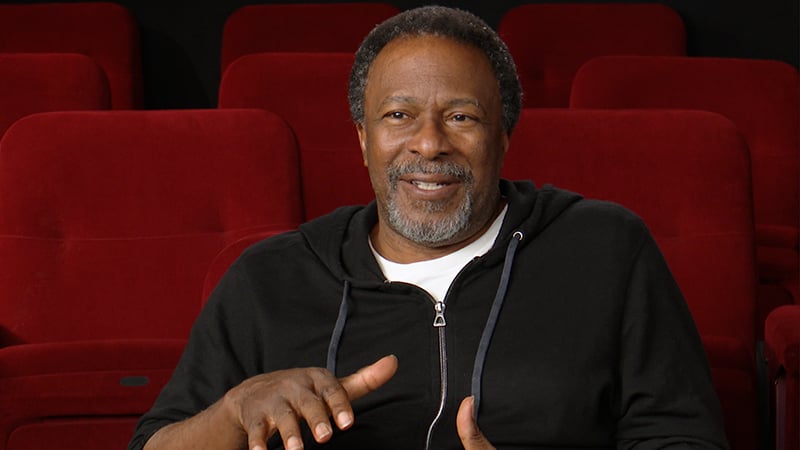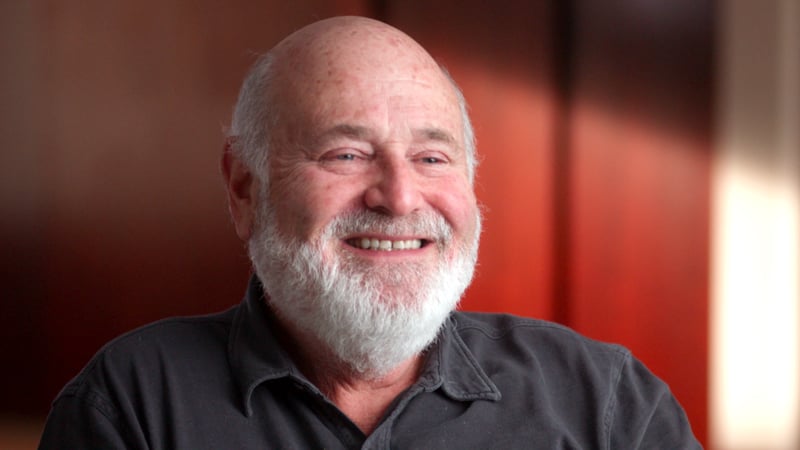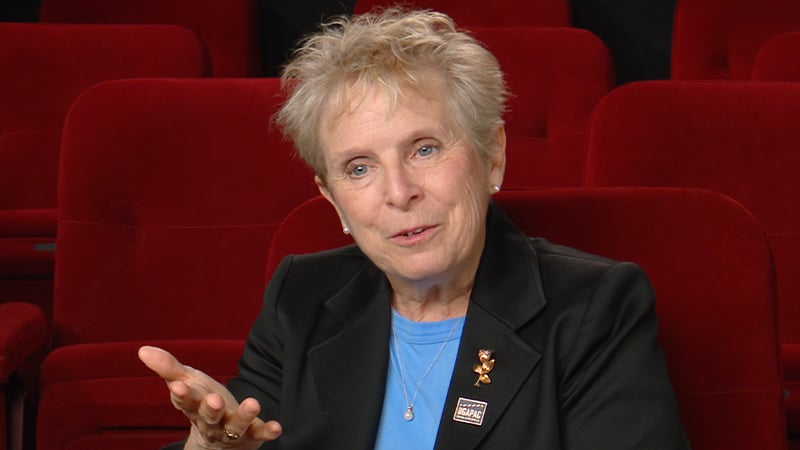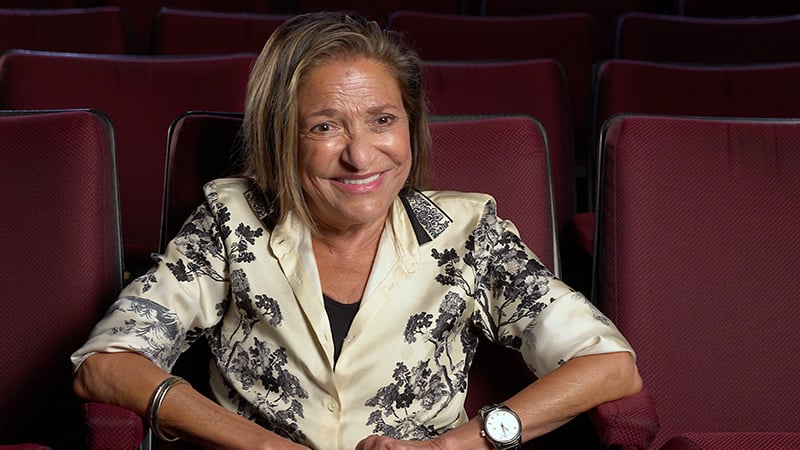Visual History Program
Founded in 2000, the DGA's Visual History Program has conducted more than 200 interviews with directors and director's team members discussing their careers and creative processes in film, television and other media.
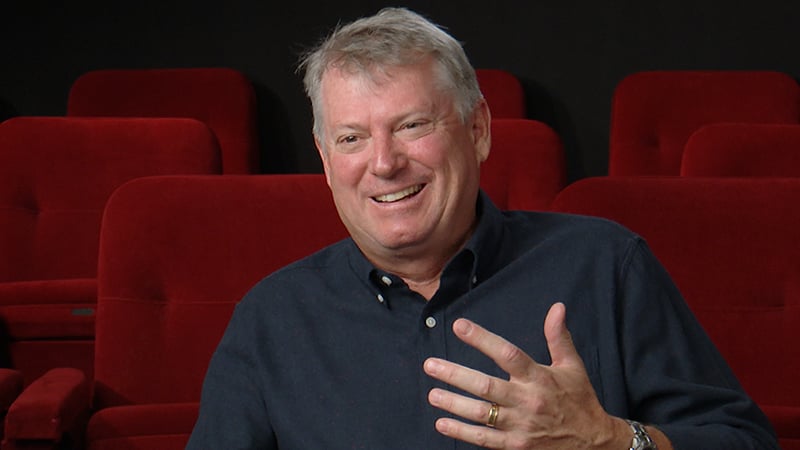
J. Rupert Thompson Highlight 1
Director J. Rupert Thompson shares how a then-new miniature POV camera allowed for extensive coverage of stunts on Fear Factor when the sequence could only be filmed once.
J. Rupert Thompson
Interviewed by:Rich Kim
Director J. Rupert Thompson discusses his experiences in reality directing, how feature films have influenced his shooting styles, and his Guild service representing his category.
Links
Interactive Search - 3 Ways to Explore the Collection
2Keyword Search
Enter the name of a film, television show, Actor, character name, or anything else of interest. Ex: Bonnie and Clyde, Gene Hackman, Mary Tyler Moore.
3Topic Search
For a guided search, choose a category of interest below, and click the button to explore the collection by individual topics.
